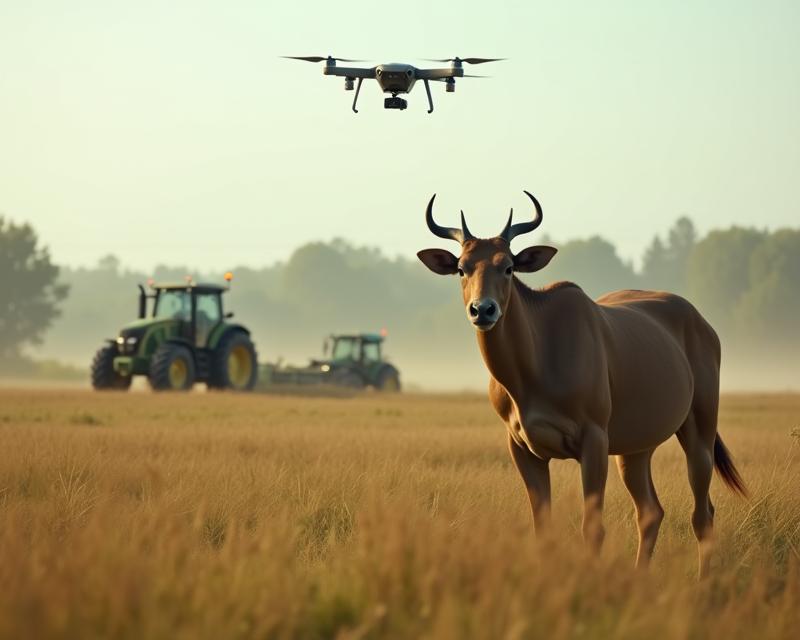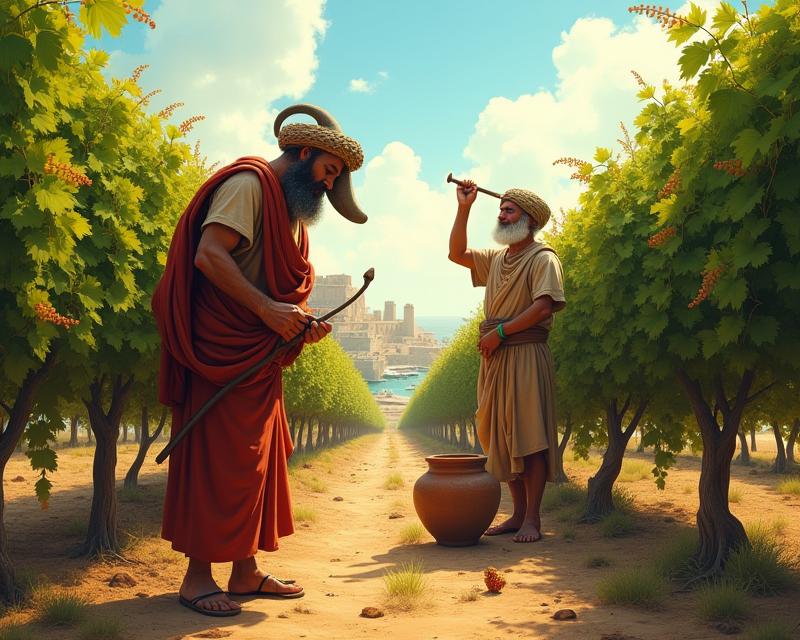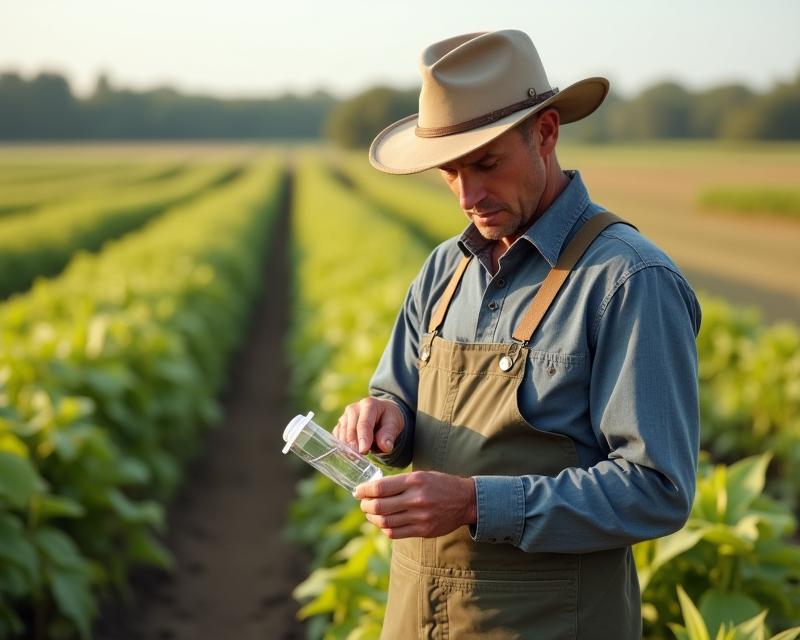AI Revolutionizing Farming
Publish in Agriculture el 28/06/2025 22:33
AI Revolutionizing Farming
The agricultural industry is on the cusp of a major transformation, driven by the rapid advancements in Artificial Intelligence (AI) and machine learning (ML). No longer a futuristic concept, AI is actively being implemented on farms worldwide, promising increased efficiency, reduced waste, and improved yields. From precision planting to automated harvesting, the possibilities are vast and reshaping how we produce food.

Precision Agriculture: The Core of the Change
At the heart of this revolution lies precision agriculture. AI algorithms analyze vast amounts of data collected from various sources – drones, satellites, sensors in the field, and weather stations – to provide farmers with actionable insights. This data helps optimize irrigation, fertilization, and pest control. Instead of blanket applications, farmers can now target specific areas needing attention, minimizing resource use and environmental impact. For example, AI-powered systems can identify areas with nutrient deficiencies, allowing for precise fertilizer application only where needed. This not only saves money but also reduces the risk of runoff polluting waterways.
Automated Systems: From Planting to Harvesting
Beyond data analysis, AI is powering increasingly sophisticated automated systems. Autonomous tractors are navigating fields with minimal human intervention, performing tasks like plowing, planting, and spraying. Robotic harvesters are delicately picking fruits and vegetables, reducing labor costs and minimizing damage to crops. These robots utilize computer vision and machine learning to identify ripe produce and selectively harvest it, a task that was previously labor-intensive and prone to errors. The development of these systems is accelerating, making farming more efficient and less reliant on manual labor.
Challenges and the Future
While the potential of AI in agriculture is immense, challenges remain. The initial investment in technology can be significant, particularly for smaller farms. Data privacy and security are also important considerations. Furthermore, the need for skilled personnel to operate and maintain these systems is growing. However, as technology becomes more accessible and user-friendly, and as more farmers embrace the benefits, AI and machine learning are poised to play an even greater role in shaping the future of farming, ensuring a more sustainable and productive food supply for a growing global population.





